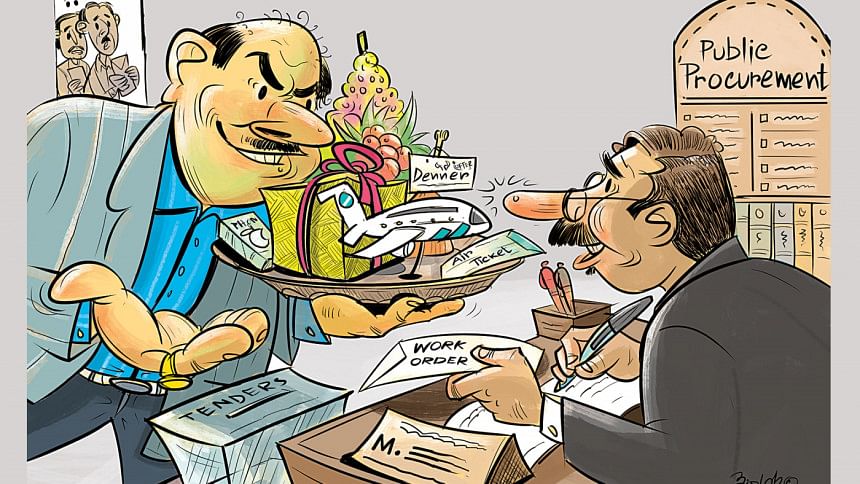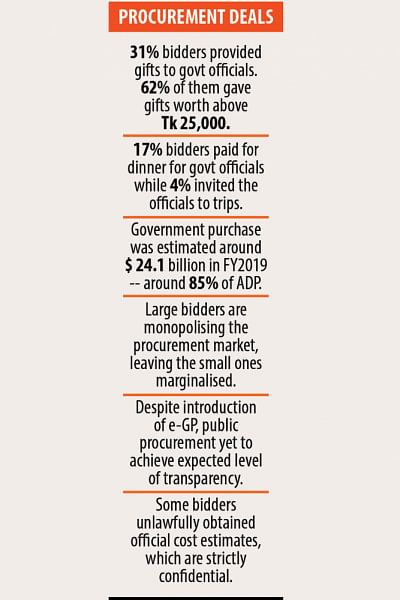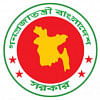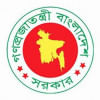Govt procurement: Gifts, trips secure contracts


Bidders need to give bribes in the form of financial benefits, arrange trips and host dinners for government officials to win public procurement contracts, says a World Bank report.
The public purchase process lacks transparency and some sections in the Public Procurement Act limit scope for competition among bidders. Large bidders are monopolising the procurement market, leaving the small ones marginalised, it points out.
In its recent report titled "Assessment of Bangladesh Public Procurement System", the global lender highlighted the weaknesses and progress in the government procurement process.
The report is based on information of 296,760 e-Government (e-GP) and 12,000 traditional paper-based purchases by the government between fiscal year 2012 and 2019.
Besides, it incorporated interviews and focus group discussions with key implementing agencies and surveys of bidders conducted in five districts.
"About 31 percent of the surveyed bidders admitted that they had offered gifts of more than $300 [each] to PE [Procuring Entity] officials or other persons for taking the procurement decisions in their favour," it said.
Of the bidders, 62 percent gave gifts worth above Tk 25,000 each, about 17 percent gave gifts worth below Tk 25,000 each, 17 percent paid for dinners for government officials and 4 percent invited officials to trips, the study said.
Some bidders unlawfully obtained information on the official cost estimates of bidding process, which are strictly confidential, giving rise to the possibility of corruption, it said.
The WB said it did not find any statistics on the number of government officials prosecuted for receiving gifts or other favours from bidders.
In fiscal 2019-20, government purchase was estimated around $24.1 billion, which was 45.2 percent of the annual budget and 8 percent of the GDP.
Most of the purchases were done through the e-GP since its introduction in 2011. The government introduced the online system aiming at eliminating corruption and malpractices previously attributed to the traditional paper-based lengthy procurement system. Despite the introduction of the e-GP, the public procurement process is yet to achieve the expected level of transparency.
According to the WB assessment, 80 percent of government procurement was made through open competitive method (OTM) that uses a price cap of 10 percent of the estimated cost, meaning a bid above or below the cap would be rendered null and void.
This makes the bidding process less competitive, it said.
The report noted that the number of competing contractors decreased in the open tender process. On average, 4.2 contractors used to compete in open tender in the past but the number has come down to two. On the other hand, the participation of only one contractor in single tenders increased to 50 percent from 20 percent.
BIG CONTRACTORS' MONOPOLY
The WB report said big contractors largely dominate the government procurement process with small bidders getting marginalised.
"Large bidders are capturing the procurement market and marginalising small bidders.
"The business share of small bidders (bottom 10 percent) decreased by 40 percent and the business share of large bidders (top 5 percent) increased by 21 percent."
Interviews with bidders revealed most of the new and small business entities did not get the intended advantage of the Limited Tendering Method (LTM) meant for them, as large bidders can also participate in the procurement process.
The global lender also pointed out that though the official cost estimates of bidding process are strictly confidential, a number of bidders unlawfully managed to obtain the confidential documents, giving rise to the possibility of corruption.
It also mentioned that the interviewed bidders claimed, in some cases, such information was collected through unfair means.
The whole process is not consistent with the international good procurement practices, and resulted in failed constructions, delays and cost-overruns, the WB observed.
Talking to The Daily Star, Dr Iftekharuzzaman, executive director of Transparency International Bangladesh, said the WB observations are consistent with the findings of a recent TIB study on the issue.
"There are ample justifications to conclude that the capacity and scope created by modernisation of public procurement including the e-GP have failed to deliver any reasonable degree of positive outcome in terms of open and fair competition as well as control of the practice of manipulated capture of the lion's share of contacts by vested groups."
Syndicates of unscrupulous bidders continued to secure contracts "in collusion with a section of officials and the politically powerful who control the submission of proposals by eliminating the possibility of fair and open competition", he mentioned.
"Since the devil lies in the hands of the politically powerful with direct or indirect linkages with the ruling party, the angel is to be found in the removal of political influence over public procurement."
This can be achieved by banning any form of direct or indirect business relations of public representatives and politically exposed persons and their families with the state, added the TIB executive director.
"CHANGE OF MINDSET NECESSARY"
Asked about malpractices in public procurement, Finance Minister AHM Mustafa Kamal said, "If we are dishonest and share advance information regarding the bidding process and estimated costs, amendments to laws will not be enough to stop such dishonesty."
"We all need to change our mindset," he noted.
Seeking anonymity, a high official of the Implementation Monitoring and Evaluation Division (IMED) under the planning ministry said they are trying to introduce electronic contract management (e-CMS) system to curb malpractices.
"We are piloting e-CMS for three LGED and two Roads and Highways procurement contracts. If it proves to be successful, we will be able to check malpractices," claimed the official.
The official further said they are also working to bring changes to the public procurement act and rules. Those include removal of 10-percent cap in the open tendering method.
WB RECOMMENDATIONS
In its report, the WB put forward a set of recommendations to improve the situation. These include removal of 10-percent cap from the open tendering method and alternative solutions to tackle the issue of abnormally low number of bids.
It also suggested getting rid of the lottery system and 5-percent (plus/minus) cap in limited tendering and making an assessment on how the tendering method could be used to give preferential treatment to small and medium bidders, women-led enterprises and start-ups.
About delayed implementation of contracts, the WB proposed rolling out the newly developed e-CMS module of the e-GP and monitoring contract management performance and also scaling up citizen monitoring of contract implementation.
It said the capacity of the Central Procurement Technical Unit (CPTU) remains restrained due to its legal structure, lack of autonomy in decision making, and limited staffing.
The WB also stressed the need for speeding up the process of conversion of the CPTU to the proposed Bangladesh Public Procurement Authority with enhanced authority and autonomy.


 For all latest news, follow The Daily Star's Google News channel.
For all latest news, follow The Daily Star's Google News channel. 








Comments